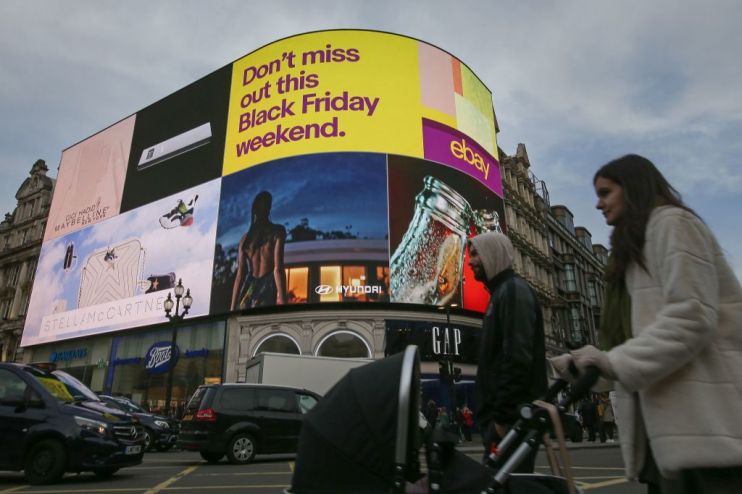Marketing budgets return to growth after General Election boost

UK marketing budgets returned to growth in the fourth quarter as an easing of political uncertainty encouraged businesses to splash out on campaigns.
A net balance of four per cent of firms lifted their total budgets in the last three months of 2019, according to new figures from the Institute of Practitioners in Advertising (IPA).
The modest growth marked the strongest expansion since the start of last year, and reversed two quarters of stagnant spending amid uncertainty and weak consumer confidence.
The IPA’s Bellwether Report showed that internet marketing retained its status as the top performing segment, while main media advertising ticked up marginally.
All other areas, including direct marketing and events, continued to record spending cuts over the quarter.
The report revealed an upbeat outlook for marketing spending in the coming year, with more than 15 per cent of firms intending to increase their budgets — a significant increase on the three per cent recorded last year.
Many businesses credited Boris Johnson’s resounding election victory in December — and the subsequent easing of political uncertainty — for this optimism, though a number of firms surveyed still expressed concerns about the outcome of Brexit.
The IPA stated that conditions for marketing spend had become “notably more favourable”, as the government’s strong majority would encourage businesses to invest and spend.
As a result, the body predicted a stronger year than 2019, forecasting annual ad spend growth of 1.8 per cent.
“With the clear result of December’s General Election, we are seeing a return to positivity in terms of UK companies’ confidence regarding their own financial prospects and in terms of their budgeting plans,” said Paul Blainsfair, IPA director general.
“With Brexit still looming, I’m sure it won’t be plain sailing, but these forecasts provide an upbeat outlook for the year ahead for UK plc, their marketers and of course the agencies that work with them to grow their businesses.”